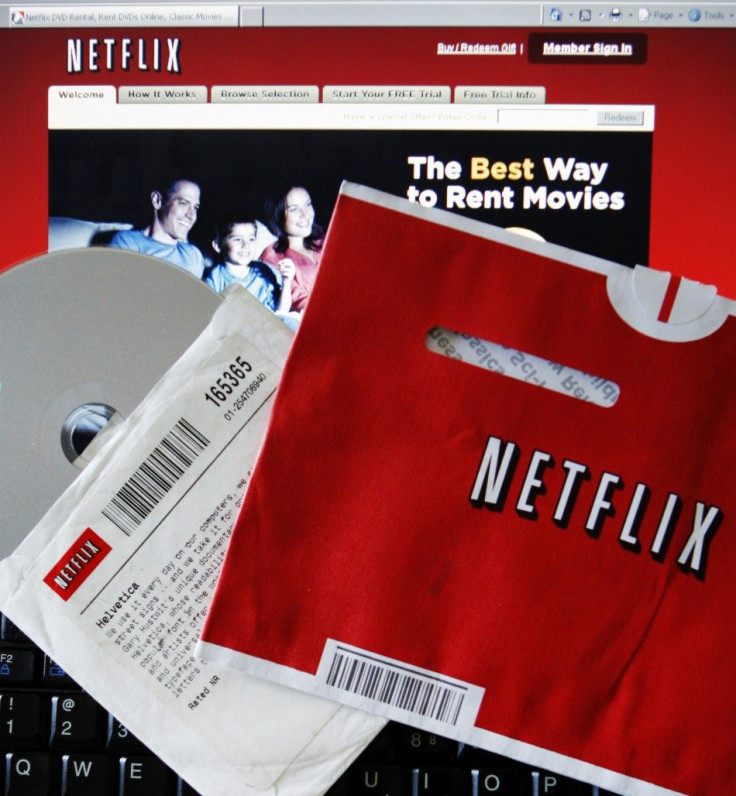Netflix Price Increase Hits Investors as Stock Plunges

Netflix saw a 10 percent drop in its price of shares on Monday after failing to meet third-quarter revenue expectations.
The discrepancy is largely due to the much-opposed price hike Netflix announced earlier this month.
While second-quarter revenue was only slightly below expectations, third-quarter projections missed the consensus by a significant margin.
Netflix announced that it would generate between $799.5 million and $828.5 million in revenue, against a $846.5 million expectation.
Netflix Chief Executive Reed Hastings and Chief Financial Officer David Wells addressed consumer outrage at the price increase head on.
"We hate making our subscribers upset with us, but we feel like we provide a fantastic service and we're working hard to further improve the quality and range of our streaming content in Q4 and beyond," the executives said in a letter to investors.
"In Q3 we will see only the negative impact of the pricing change, given that the announcement was early in the quarter and that the increases won't take effect until late in the quarter (September 15 on average)."
Earlier in July, Netflix announced what amounted to a 60% price hike for subscribers who wish to buy both the DVD and streaming packages.
Up until then, Netflix had offered a base plan for $9.99 that included unlimited streaming content plus unlimited DVD rentals - one at time - a month. Now, the streaming and DVD rental options are being offered separately, at $7.99 a piece. For those willing to pay the difference, it will add six dollars to their monthly entertainment budget.
According to a Los Angeles Times article, not all Netflix customers are willing to pay the difference. Some are making a decision to buy the standalone streaming or DVD rental subscriptions, rather than pay a significant increase.
Currently, 75% of Netflix customers opt for the streaming only package, as more and people consume entertainment via their computers - a trend that the Netflix strategy seems to recognize.
"It is expected and unfortunate that our DVD subscribers who also use streaming don't like our price change," Netflix said in its earnings release, acknowledging that "some subscribers will cancel Netflix or downgrade their Netflix plans, [but] we expect most to stay with us."
When Netflix initially made the announcement of the price increase, the company was vocally and publicly attacked by customers, largely through social media sites.
Tens of thousands of Facebook users posted (primarily) negative comments on Netflix's official page - some 'liking' the page simply for the opportunity to air their grievances.
Somewhat ironically, a popular refrain among the objectors referred to the fact that the company's stock price had been soaring, and Netflix did not need to boost its revenue stream.
A Washington Post blog article suggested that a major component of the backlash was not neccessarily the pricing change itself, but the way it was communicated. Indeed, the wording and timing of the announcements showed little indication that Netflix was expecting any major fallout from their decision.
Netflix appears now to be banking on a continued shift towards streaming from physical DVDs - the company has directed significant funding towards expanding its digital library.
According to the Los Angeles Times, the value of its streaming library went from $192.3 million on March 31 to $612.6 million on June 30, and will continue to grow - which likely means Netflix will see decreases in net and operating income, despite growing revenue.
© Copyright IBTimes 2025. All rights reserved.






















